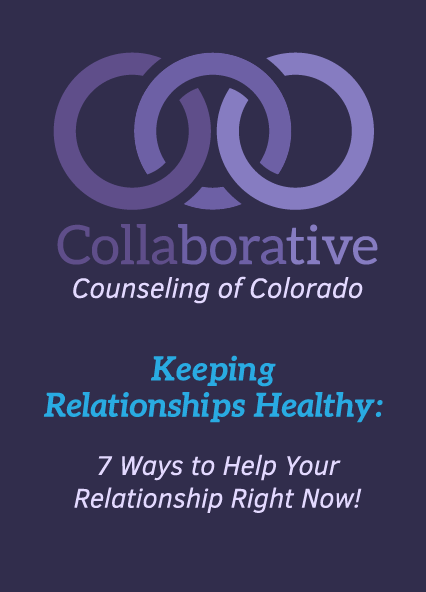Recently, my husband raved about a parenting book and strongly urged me to read it (and by read it, I mean listen to the audiobook!). That book was a game-changer and considerably shifted my perspective towards raising children. Most importantly, it alleviated much of the guilt and shame that I carried with me for years over the hundreds of parenting mistakes that I have made.
The book is Good Inside by Dr. Becky Kennedy, who is a clinical psychologist and mom of three. I can’t tell you how much I wish I had this book from the beginning of my parenting days. Back in our early years of parenting, my husband and I often disagreed on the best way to remedy challenging situations, such as defiance, whining, anxieties, tantrums and sleep disturbances. We would research answers online, only to find conflicting information every time. We were often desperate for solutions that fixed the problem and made us feel like we were doing the right thing for our child, but rarely did our searches result in lasting results that felt good. It was confusing…and made our stressful situations even more tense by adding in resentment and disconnection from each other.
Can you relate? Read on!
Your child is a good kid. You are a good parent.
One of the incredibly helpful parenting principles that Dr. Becky believes…is that you and your child(ren) are “GOOD INSIDE”. This means that your child, who seems to be purposefully delinquent in their behavior by doing the exact thing that you asked them not to, is actually fundamentally good at the core. You, as the parent who is in a blinding rage over your child’s behavior, are also good inside. Dr. Becky explains that most bad behavior displayed by kids is a reflection of their need to connect. Other bad behaviors are the result of an overwhelming flood of vulnerable feelings, such as fear, frustration, and powerlessness. Children and teenagers simply do not have the “tools” to regulate these “scary” emotions. (I bet many of us can think of adults who also have trouble regulating their emotions!)
Dr. Becky goes on to explain exactly how parents can help their child regulate their emotions…an especially difficult task when we are often, in those same hairy moments, struggling with our own powerful emotions.
It’s never too late to repair your relationship with your kids.
Dr. Becky shares research findings that reveal how important the early years of development are for children in regards to their well-being, their sense of security and their confidence. She writes: “the way parents interact with kids in their early years forms the blueprint they take with them into the world”. Dr. Becky explains that during the 1st, 2nd and 3rd years is when, ideally, kids start learning that their scary emotions are normal, acceptable and that they will be loved no matter what behaviors they display: on the contrary, if children are shamed or punished for having strong emotions, this is when children will learn that it is not ok to express feelings or behave in certain ways because the results are abandonment, rage or the silent treatment from their caregivers. This information, when I learned it in grad school, shook me to the core. I cringed to think back upon so many parenting mistakes that I made with my kids and I was overcome with intense feelings of guilt and shame. I felt that I had made so many mistakes that I “ruined” my kids. I carried that guilt and shame with me for years. What finally brought me some relief is what Dr. Becky wrote about parenting mistakes. She states that it is never too late to make repairs with your child. She states: “What is key is connection after disconnection” and “when we return to a moment that felt bad and add connection and emotional safety, we actually change the memory in the body”. Essentially, if we blow up at our children, we can change their memory of the experience with calm compassion and ownership of our own unacceptable behavior. Dr. Becky shares that these vital repairs can happen within minutes or even years later and their effect on the brain is positive.
The concept that all unpleasant behaviors displayed by a child are a signal for the child’s need for emotional connection and/or emotional regulation is what Dr. Becky repeatedly refers to throughout the book. She gives examples on what better interactions in the moment should sound like when faced with common parenting struggles, such as tantrums, aggression, whining, eating habits, confidence, sleep and other challenges.
So here is your best parenting advice…read this book (and no, I am not receiving any compensation for promoting the book).
Kennedy, B. 2022. Good Inside: A Guide to Becoming the Parent You Want to Be. Harper Wave.

